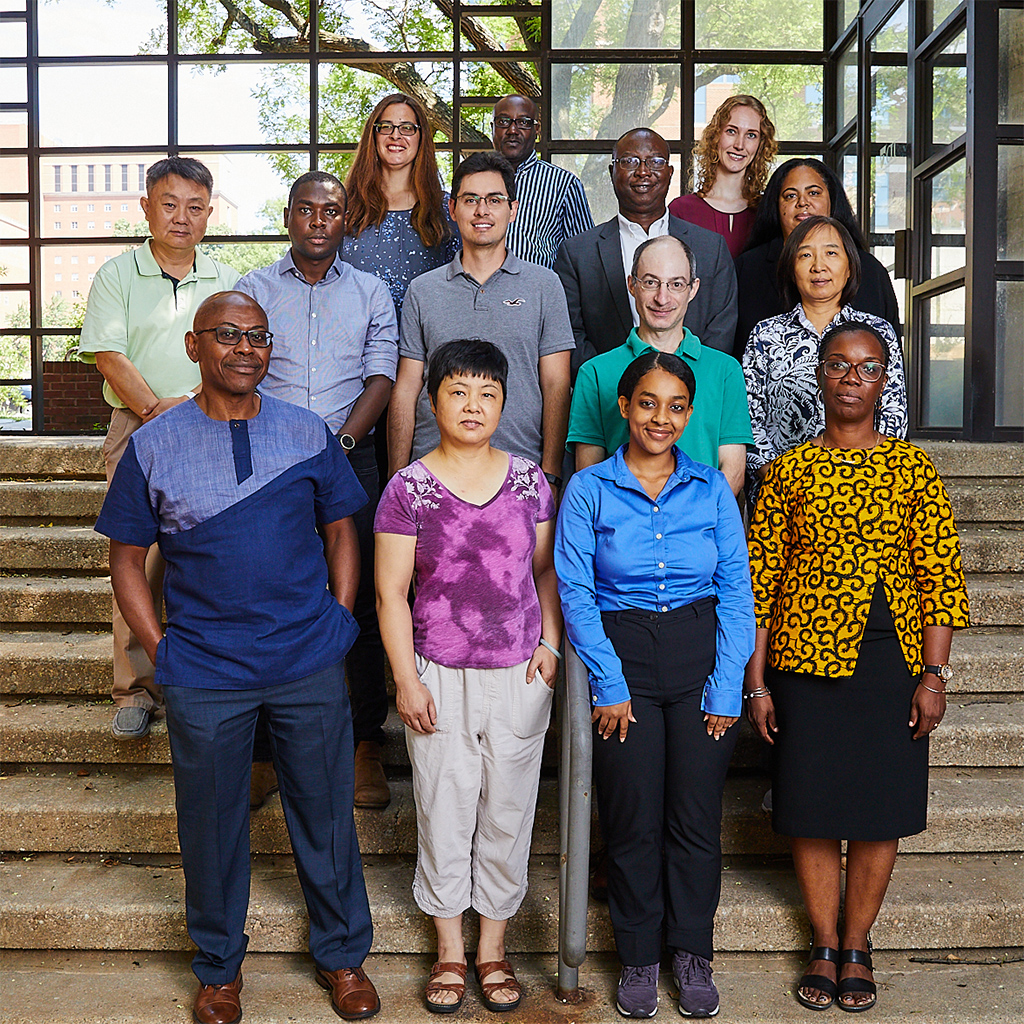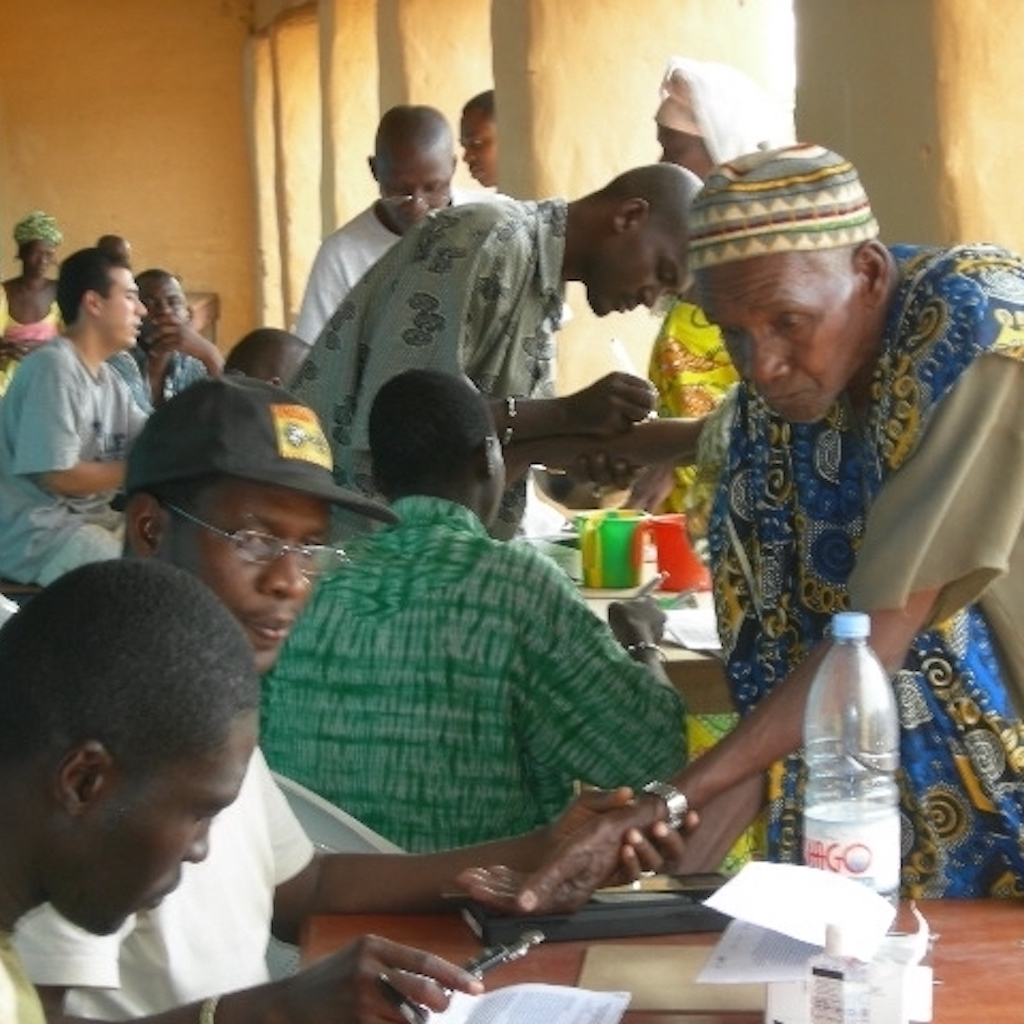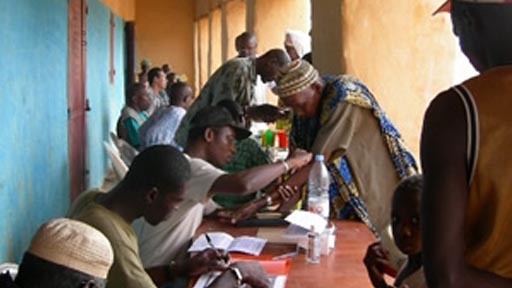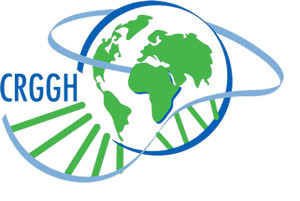The Center for Research on Genomics and Global Health (CRGGH) facilitates a global understanding of the relationship between human genetic variation and population differences in disease distribution, with the ultimate goal of informing health disparities. Its investigators will develop genetic epidemiology models that will explore the patterns and determinants of common complex diseases in populations in the United States and around the world.
Our Staff
Under the direction Charles Rotimi, Ph.D., CRGGH aims to develop a comprehensive staff and training program that uses genomic approaches to study human health and reduce and eliminate health disparities.
Learn More
Our Research
CRGGH uses genomic tools to understand the pathobiology of metabolic disorders, including obesity, hypertension, diabetes, dyslipidemia, and kidney diseases, in different human populations with particular attention to African Americans and Africans.
Learn More
Last updated: January 5, 2024


